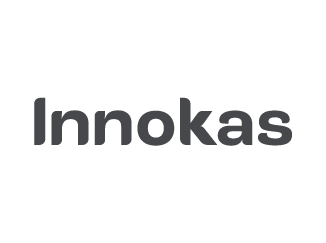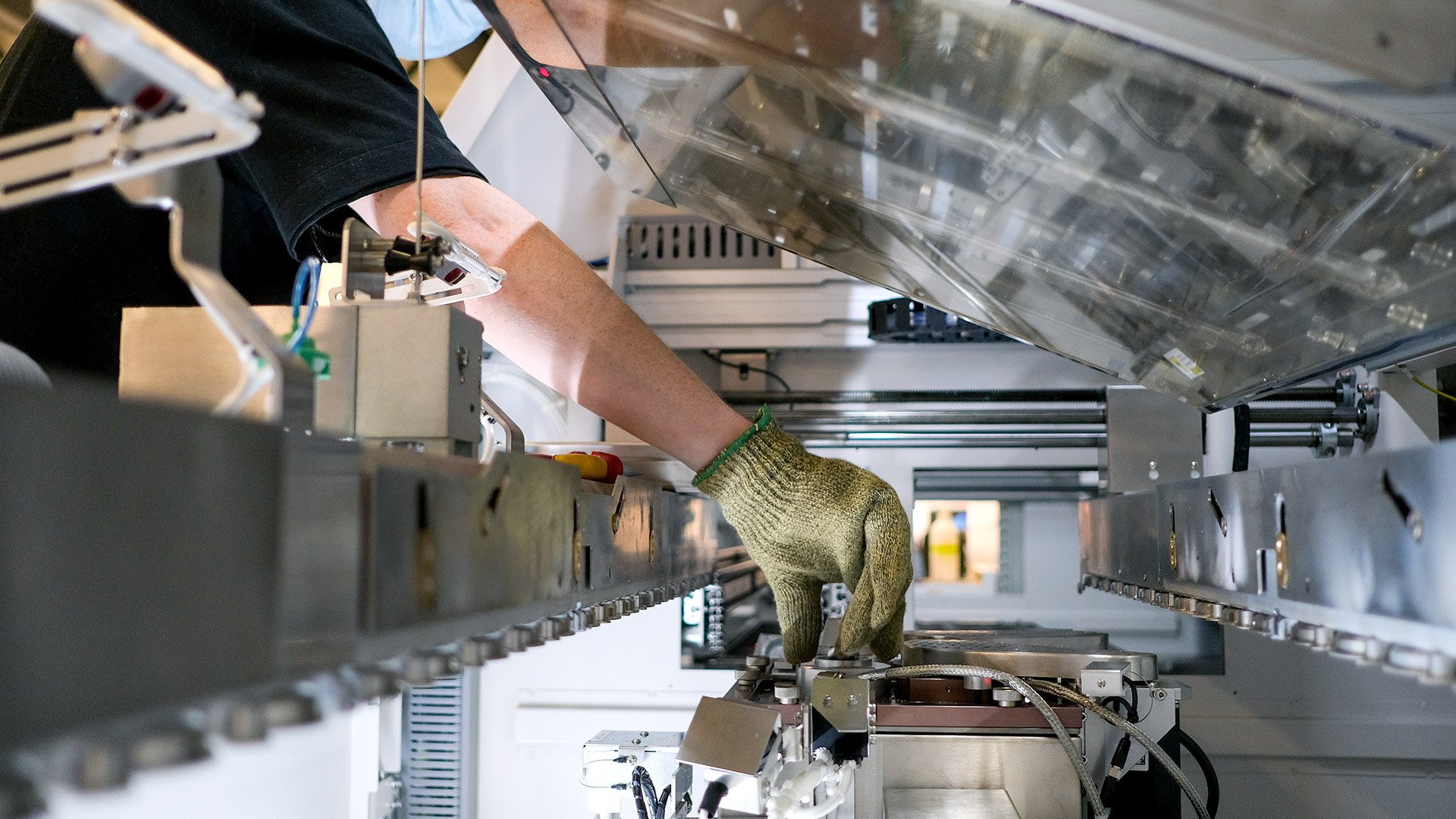As of right now, the changes brought on by MDR have quickly heightened the need for clinical evaluation in the medical technology field. During the directive, the approach to clinical evaluation was more lenient, and thus the new much more detailed and demanding regulations have caught many new MedTech companies unprepared. The singular clinician who might be working in any given company is likely to struggle to take care of all the need for clinical evaluation, which is why many MedTech companies seek solutions to face the drastic change. However, many avoidable pitfalls could slow down the process and bring out many unnecessary costs.
Our Head of Clinical Affairs Dr. Satu Päiväläinen has long experience in clinical affairs and has worked on many different projects involving clinical and biological evaluation. She was asked what kind of issues MedTech companies could face when seeking shortcuts and affordable solutions to their clinical evaluation needs.
Seeking easy solutions to clinical evaluation
For one, she makes clear that trying to purchase a ready-made package or asking AI to prepare a clinical evaluation plan will most likely not be the answer. “Clinical evaluation is extremely device specific. The intended purpose and marketing claims will form the basis for what needs to be proven in clinical evaluation,” she says. “You could purchase a template or ask AI to tell what you will need for clinical evaluation, but neither option will do the work for you. Templates are not customized to your purposes and AI only has access to publicly available material, so they have no basis for giving device specific advice.”
She also brings up a common misconception that the scope of clinical evaluation depends on the risk classification of the device. Scope could possibly correlate with the risk classification, but in the end, the clinical evaluation of a IIa complicated electronic device can be just as extensive as the one needed for a class III implant.
AI and clinical evaluation
“AI is good for preliminary research as it can point you towards the right information, but in the end, you are better off handling the matter with an expert from the start. For example, with ChatGPT, it’s important to have very specific questions to get any valuable answers, and typically only clinical evaluation expert would know the right questions,” Satu says.
The difficulty with clinical evaluation is the same as with many regulatory areas, it requires interpretation of the requirements in context of the device in question. This is not always straight forward, and many times requires cross-functional expertise and an understanding on how certain things are viewed by the regulatory authorities. Satu has also talked about this topic on her LinkedIN.
Ready-made clinical evaluation plan templates and why they are not ideal
“When it comes to templates, we don't recommend the use of standard templates in Qa/Ra. I would rather see templates made for customer needs than general ready-made templates bought and used for documentation, as the necessary content is very dependent on the actual device. Trying to do technical documentation based on a template written by someone else is actually very difficult as you won’t know the thought behind the words,” Satu says about ready-made templates for evaluation plans.
“Usually this is patched by involving a consultant and telling them to modify the template until it is usable. However, trying to make an existing, unfit template work takes more time and resources than asking the consultant to do a custom template with their own expertise from the start,” Satu adds.
Acquiring the right expertise for clinical evaluation
Satu wants to highlight how often she encounters situations where there is just not enough know-how on clinical evaluation to do it properly from the start. “One might think that one person can do it, such as a quality person or a clinician, but neither of these is necessarily enough. Clinical assessment is one of the few areas where it is defined quite precisely who can do it and what competence that person must have. It's not necessarily realistic to think one person can have both time and all the necessary competence to complete the evaluation on their own,” she says. It can be much more expensive to bring in a consultant to go through pages of incomplete documentation and to complete it than to involve an experienced consultant from the beginning.
“For example, my team can create a clinical evaluation plan in two weeks. When you know what you are doing from the beginning, there is no need to fix existing documentation. That is generally much more time efficient than doing the same work twice with existing but incomplete documentation,” Satu says. If you need a clinical evaluation plan for your device, or just need general support in the process, do not hesitate to contact us.
If you would like to continue reading on noteworthy details in clinical affairs, please continue by reading Satus follow-up interview on biocompatibility.











